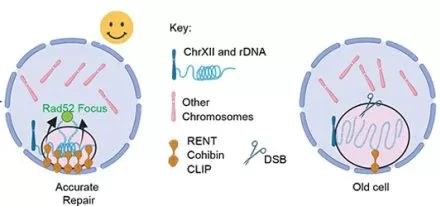In a stark revelation, individuals battling anorexia nervosa, an eating disorder characterized by dangerously low body weight and an intense fear of gaining weight, face alarming risks beyond their physical health. A recent study, published in the International Journal of Eating Disorders, has underscored that those with anorexia nervosa are significantly vulnerable to developing psychiatric conditions and experiencing premature death.
Conducted by researchers who analyzed data from 14,774 patients over a median period of 9.1 years, the study uncovered disturbing trends. Individuals with anorexia nervosa were found to have a staggering 4.5 times higher risk of mortality compared to the general population. This risk nearly doubled when coupled with psychiatric disorders, affecting 47% of the study participants.
Of particular concern is the age at diagnosis, with early onset between 6 and 25 years exacerbating the mortality risk fourfold when accompanied by psychiatric comorbidities. The findings also revealed that 13.9% of deaths among individuals with anorexia nervosa were attributable to suicide, highlighting the mental health crisis intertwined with this complex disorder.
“This study emphasizes the critical importance for clinicians to identify and address concurrent mental health conditions in adolescents and adults suffering from anorexia nervosa,” stressed Mette Soeby, a doctoral student at Aarhus University Hospital, Denmark, and one of the study’s authors.
The study’s results serve as a poignant reminder of the urgent need for comprehensive, integrated care that addresses both the physical and mental health aspects of anorexia nervosa. As medical understanding advances, strategies to improve early detection and holistic treatment approaches become increasingly imperative to mitigate the devastating toll of this eating disorder.
The findings are poised to inform clinical practices worldwide, advocating for intensified efforts to safeguard the lives and well-being of those affected by anorexia nervosa, while advancing research towards more effective interventions.












